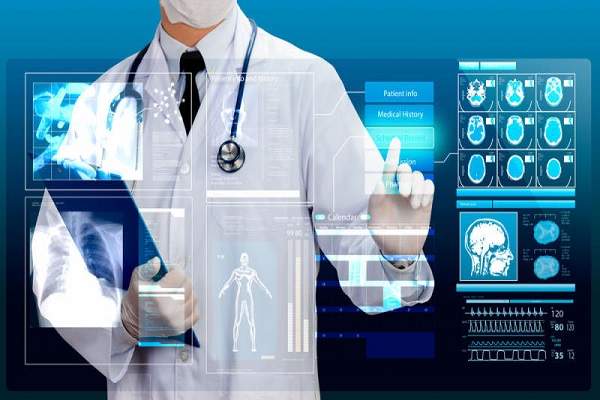Technology has had a great impact on every facet of human endeavour, including health. The impact of technology on health has been accelerated by the covid-19 pandemic where nations where forced to go into lockdown, social distancing was enforced and services had to migrate online.
With most medical resources devoted to handling the pandemic and patients being forced to stay at home except in emergencies, it has become obvious that many medical services can be delivered online.
Here are several ways technology has improved healthcare delivery
Telemedicine
This is where the most impact has been felt. Before now, telemedicine was mainly restricted to a consultant participating in a surgery or medical intervention remotely via video conferencing. Today, you can speak to your doctor or consult any doctor anywhere in the world via websites and apps. A doctor can conduct a visual inspection remotely. You are no longer restricted to your local doctor, you can consult any doctor you desire anywhere in the world so far as you can afford the fees and can book an appointment. You can also get a second or third opinion from the comfort of your home.
Pharmacies now fill prescriptions online. You can also consult a pharmacist online. This is known as Telepharmacy. You are no longer restricted to your local pharmacy to fill a prescription, neither do you need to hit the road, going from pharmacy to pharmacy looking for a particular medicine. You can order from any pharmacy nationwide (sometimes globally) so far as you can pay the shipping fees. Dentists and ophthalmologists are also delivering some aspect of their services online, hence reducing the need for in person visits.
Wearable technology
Wearable technology is now bringing medical gadgets closer to end users and helping healthcare providers gather data from their patients remotely. These devices collect data, which helps doctors and patients alike monitor and assess the health of the wearer. These devices helps patients monitor their health at home, and reduces the need for hospital visits since your doctor who has access to this data can decide if you need to come to hospital or take certain actions at home. This frees up hospital waiting rooms for more urgent cases.
A patient having access to this data and seeing the correlation between their action and the results helps the patient become more involved in their healthcare and take better decisions hence helping reduce hospital visits and pressure on the healthcare system.
Electronic Health Records (EHRs)
The evolution of patient records from paper files to electronic records has progressed in various degrees in different hospitals in different countries. With current technology, the doctor does not need to be on seat to access patient records. Patient records can be accessed by parties that need the access, including emergency responder. The record can now be analysed to aid diagnosis and treatment. Patient records can now be transferred to new health providers/hospitals under an agreed framework. Consequently, moving to a new city/hospital no longer means you have to build your health record from scratch. Your new doctor can access your past records.
Health information
Technology and the internet has democratised access to health information. YO can get tons of medical information from credible sources on virtually any condition at the click of the button. It has given rise to the phenomenon some have come to refer to as Google Doctor.
A few years ago that now seem like an era gone bay, doctors were the custodians of medical knowledge and information and dispensed it as they deemed fit. Medical information like test results and what they mean were usually kept away from patients and dispensed in trickles on a need to know basis. The patient was a virtual spectator in their own treatment. Some doctors felt offended if the patient asked what they considered to be too many questions, and often reminded the patient who the doctor is.
That has changed. You can look up virtually any information you need online. Being informed helps the patient make better lifestyle choices and be an active participant in their healthcare. Rather than panic and rush to the emergency room, a patient can read up on the condition and take the first steps before consulting a doctor. Having an informed patient makes the job of the doctor much easier. This is however not a license to self-medicate and avoid seeing a doctor.

